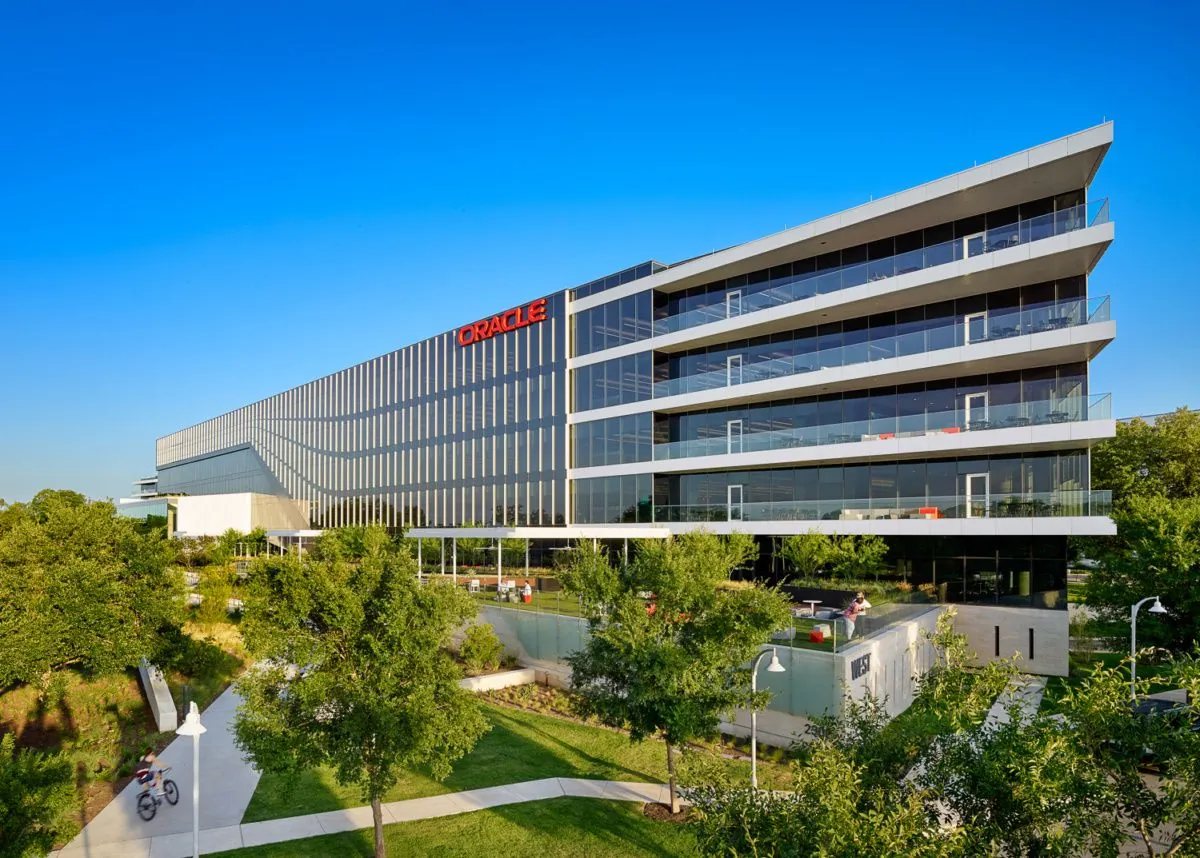Oracle Wins $58.5 Million in Legal Fees from Rimini Street in Copyright Case
A Nevada court awarded Oracle $58.5 million in legal fees from Rimini Street, citing the latter's repeated copyright infringement. The ruling marks a significant development in their 14-year legal battle over software support practices.

In a significant development in the tech industry's legal landscape, a Nevada federal court has ruled that Oracle Corporation is entitled to over $58.5 million in attorneys' fees and costs from rival Rimini Street Inc. This decision, announced on September 23, 2024, marks a pivotal moment in the 14-year-long copyright dispute between the two software giants.
The case, which began in 2010, revolves around allegations that Rimini Street illegally downloaded and misused Oracle's software and support materials for its clients. Oracle, founded in 1977 and now the world's largest database management company, has a history of aggressively protecting its intellectual property.
U.S. District Judge Miranda Du justified the substantial fee award, citing Oracle's success in the litigation and Rimini Street's repeated infringement and misconduct. The judge stated, "Rimini litigated this case for some nine years before the Court found it a recidivist infringer who lied to conceal its infringement, enabling it to successfully compete against Oracle for the support of Oracle's products during those nine years."

This ruling follows a complex legal journey that began when Rimini Street, founded in 2005, started providing technical support for Oracle enterprise software clients in 2008. The enterprise software support industry, a multi-billion dollar sector, has been a battleground for intense competition and legal disputes.
In 2015, a jury verdict resulted in Rimini Street being ordered to pay Oracle $90 million, including $58.1 million in damages and $31.9 million in attorneys' fees and costs. Subsequently, Rimini Street filed a separate lawsuit in 2014, seeking a court ruling that it had ceased infringing Oracle's copyrights. Oracle countersued with additional claims of copyright infringement and false advertising.
The case highlights the complexities of software licensing and support, a contentious issue in the tech industry. Oracle's flagship product, its relational database management system, is at the heart of this dispute. The company has expanded its software offerings through numerous acquisitions over the years, further complicating the landscape of software rights and support.
Judge Du's recent decision also includes a permanent injunction against Rimini Street's continued infringement, a powerful remedy in intellectual property cases. The judge emphasized the need for deterrence, stating, "Rimini's false statements and history of recidivism suggest that more deterrence is required to prevent Rimini from infringing on Oracle's copyrights going forward."
This case, Oracle International Corp v. Rimini Street Inc, underscores the high stakes in software copyright disputes. It also demonstrates how attorneys' fees in complex litigation can often exceed the damages awarded. The involvement of top U.S. law firms representing both parties further illustrates the significance of this legal battle.
As the tech industry continues to evolve, this ruling may have far-reaching implications for software companies and third-party support providers. It serves as a reminder of the importance of respecting intellectual property rights in the digital age and the potential consequences of copyright infringement in the software industry.
"Rimini litigated this case for some nine years before the Court found it a recidivist infringer who lied to conceal its infringement, enabling it to successfully compete against Oracle for the support of Oracle's products during those nine years."
The outcome of this case may influence future legal strategies in similar disputes and potentially reshape the landscape of enterprise software support. As the industry watches closely, the reverberations of this decision are likely to be felt across the tech sector for years to come.


































